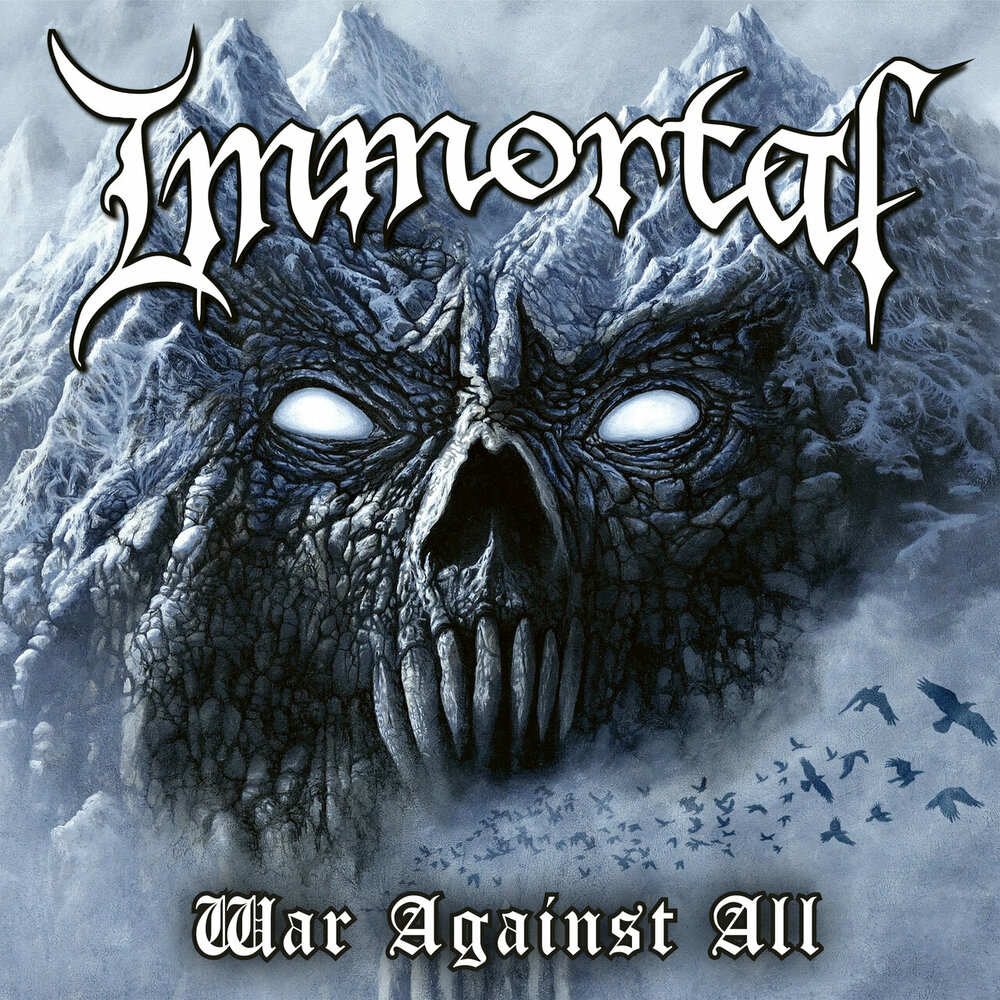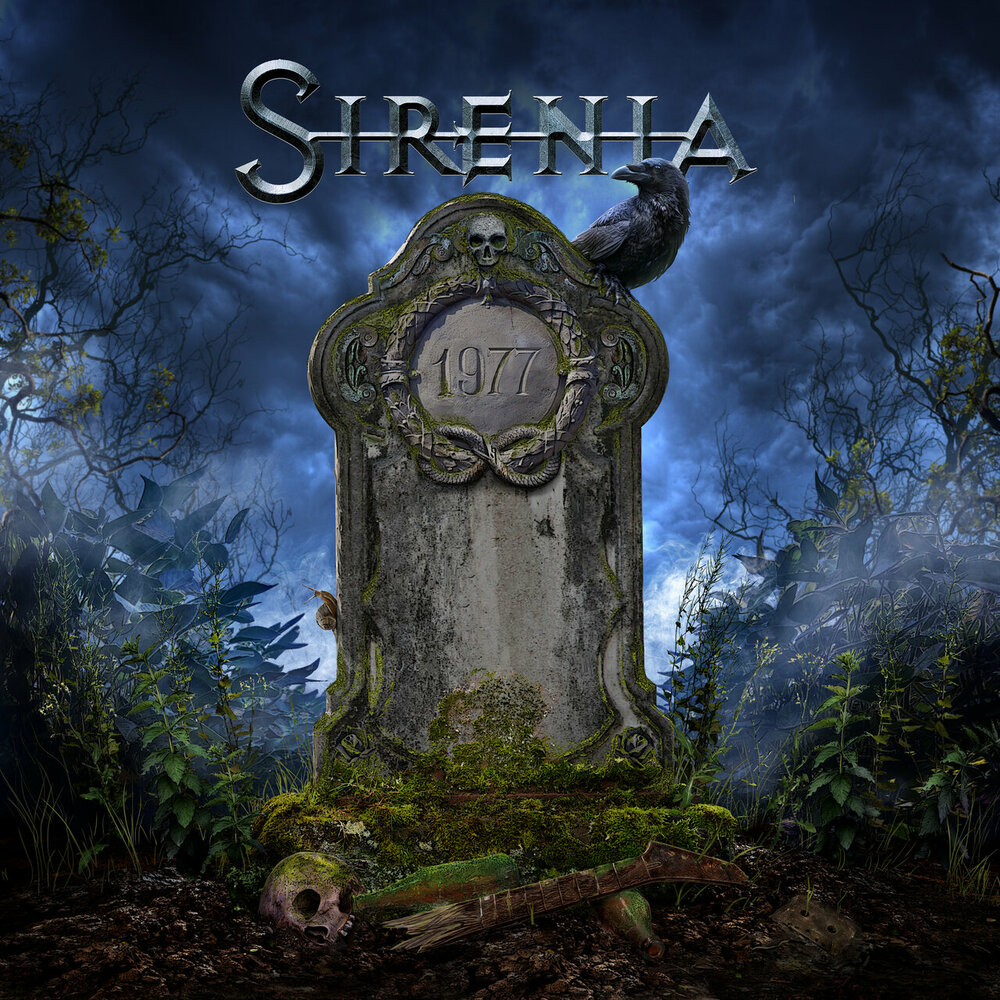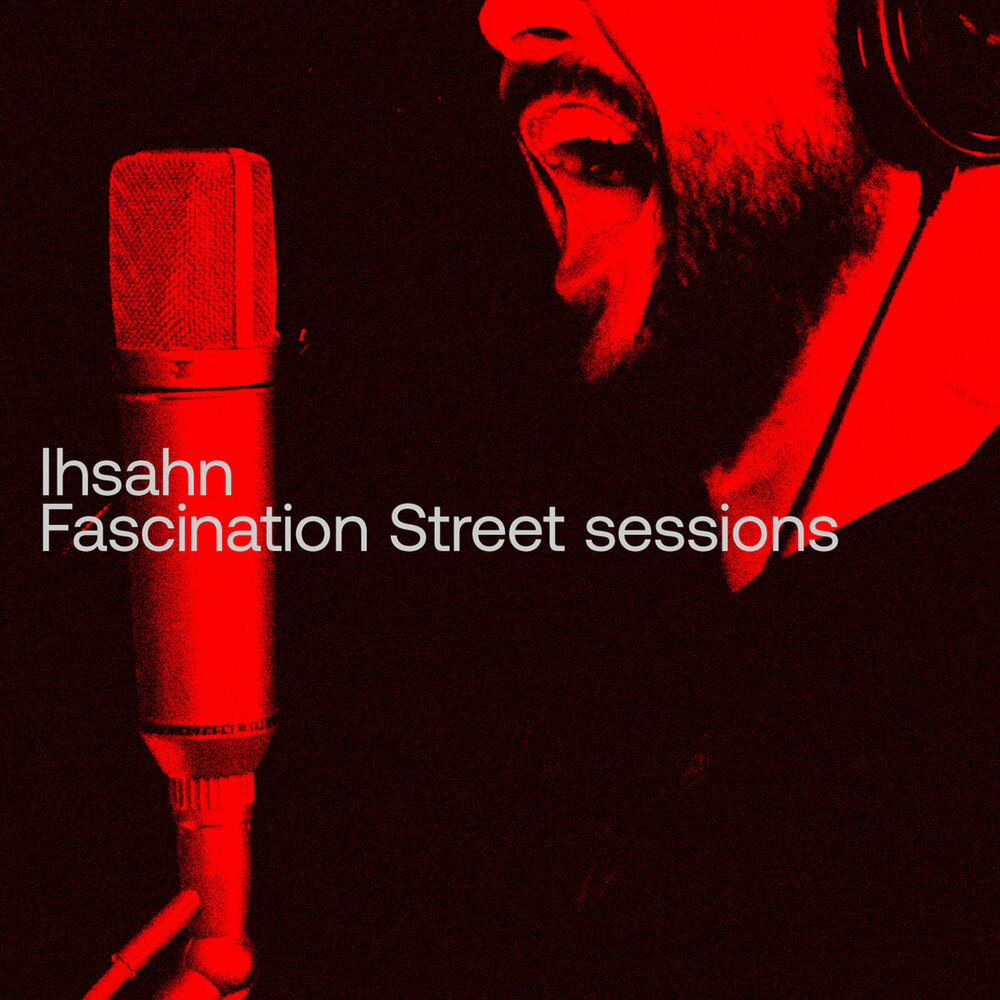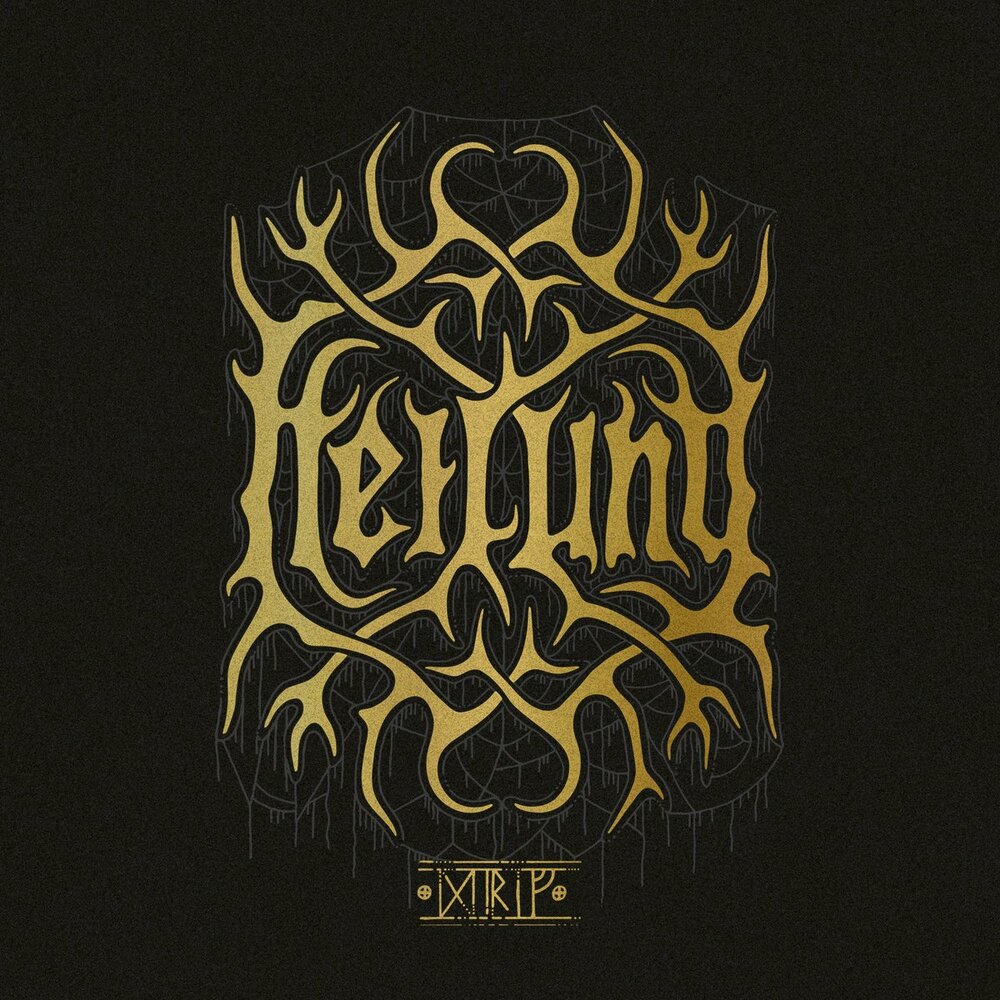 |
Country: Norway
Style: Progressive Rock
Rating: 7/10
Release Date: 21 Feb 2025
Sites: Bandcamp | Facebook | Instagram | Official Website | Prog Archives | Twitter | Wikipedia
Usually, when a band releases a self-titled album a considerable way into their career, it tends to serve either as a definition of what they do or as a change of direction. Unusually, this is neither for the most part, though it's closer to the latter than the former, given that there are songs on this one that feel almost conventional. Core Memory Corrupt is practically alternative rock with no sense of progressive anything anywhere to be found. It's so perky that it's almost Britpop. So are Motorpsycho going mainstream? Not at all, given that this covers far more ground than that one song. It's just notable that that one song is present.
It's also worth mentioning here that they're down to a two piece line-up, Bent Sæther and Hans Magnus Ryan divvying up both vocals and instrumentation. They're both founder members and have been the only such remaining since drummer Kjell Ruar Jenssen left in 1991. Most recently, their drummer has been Tomas Järmyr, who joined in 2017, but he left in 2023, after contributing to the two albums I apparently blinked and missed, 2023's Yay! and 2024's Neigh!! Maybe this is a conscious reinvention of the band as a duo, unless of course another regular drummer shows up soon. There are two here: Olaf Olsen on two tracks and Ingvald Vassbø on six.
If there's a primary sound on this one, it may be Nonagon Infinity-era King Gizzard and the Lizard Wizard. The opener, Lucifer, Bringer of Light, feels emphatically like that, with its grounding on a perpetual, almost hypnotic, bouncy bass groove, with everything else layered over the top. It's a long song, almost eleven minutes, much of which is instrumental, but it could have carried on for another eleven and a further eleven after that. That sound returns in songs like Balthazaar and Three Frightened Monkeys, though the former mixes it up with folky and Hawkwind touches.
There's lot of seventies hard rock here too. Laird of Heimly is built on Jimmy Page-esque acoustic riffs and middle eastern string overlays in the Led Zeppelin style. Oddly, they gradually take over from an Ummagumma-era Pink Floyd ambience. There's Zep in Stanley (Tonight's the Night) too, but it's electric and soon subsumed into a hard rock song that feels like it's borrowing from both the seventies and nineties, with an occasional melodic nod to the psychedelia of the late sixties. The Comeback feels seventies through and through, albeit more like Mountain.
I should add that the vocals, whether they're the work of Sæther or Ryan, always remain in that time honoured Motorpsycho vein, never borrowing from earlier styles even on those songs that borrow the most musically. For instance, Dead of Winter, which closes out the album, starts out in a folk rock style that would be reminiscent of Jethro Tull even if it didn't begin with flute, and the guitar solo is right out of the Neil Young electric playbook, but the vocals never try to sound like Young or Ian Anderson.
Of course, being a Motorpsycho album, there's always more to cover. Kip Satie, as the name may suggest, is a piano piece. Balthazaar begins as keyboard prog and surprising lofi keyboard prog at that, eerily close to chiptune, before the bass shifts it into Hawkwind territory. By far the most interesting material, though, starts in Bed of Roses and builds in Neotzar (The Second Coming), which is easily the most progressive song anywhere to be found on this album. It's also easily the longest song, even if the album would still be an hour long even without its twenty-one minutes.
Bed of Roses is much shorter at a skimpy three minutes, but it's sixties/seventies folk pop with a revival build, and it gets interesting at the end to set up Neotzar, which opens with a quiet guest female voice with minimal accompaniment. That guest is Thea Grant, who's a Norwegian singer and songwriter with suitably diverse influences. Of course, Neotzar heavies up soon enough and, by the three minute mark, we're almost at a Black Sabbath level with a very old school Sabbath riff driving the piece forward. The vocals don't follow suit, of course.
Soon after eight minutes, everything drops away into a progressive section that's so quiet that it could be called ambient. Is that a harp? There's certainly very quiet guitar noodling. Occasional whispers add to the effect. This gradually builds in six minutes of neat avant prog weirdness that couldn't be any further away from the conventional approach of Core Memory Corrupt if it tried. Then it's back into guitar based hard rock until the peaceful outro. That's quite the sine wave and I get more out of Neotzar with each listen. Bed of Roses has grown into a favourite too.
And so there's a lot here, which shouldn't remotely surprise anyone who's heard a Motorpsycho album before, but it still goes to places I wouldn't have expected them to go. I never expected an utterly conventional song, for a start, especially right after the most prog piece on the album. It all sounds good in the end, but I have to wonder about the choice to self-title. If there's meaning to that, I'm not seeing it. It's another good album, of course, but it doesn't feel as coherent as a whole as other recent releases. Kingdom of Oblivion remains their recent pinnacle for me.

















